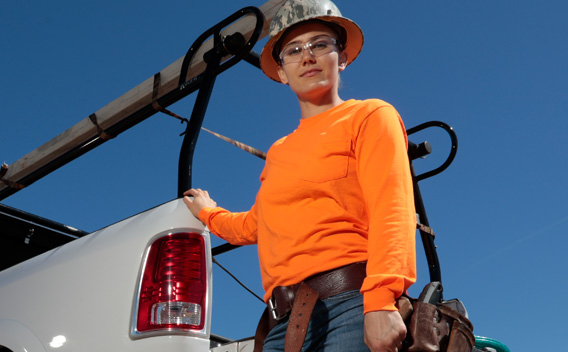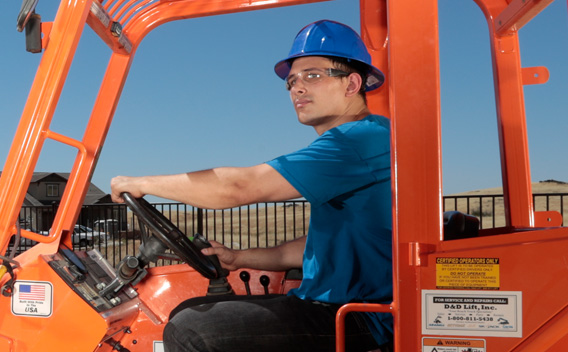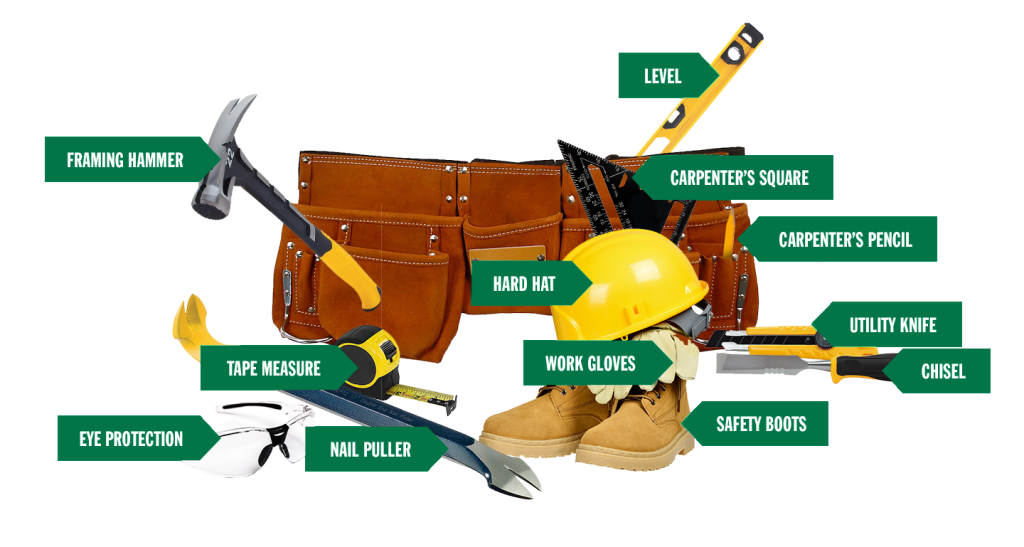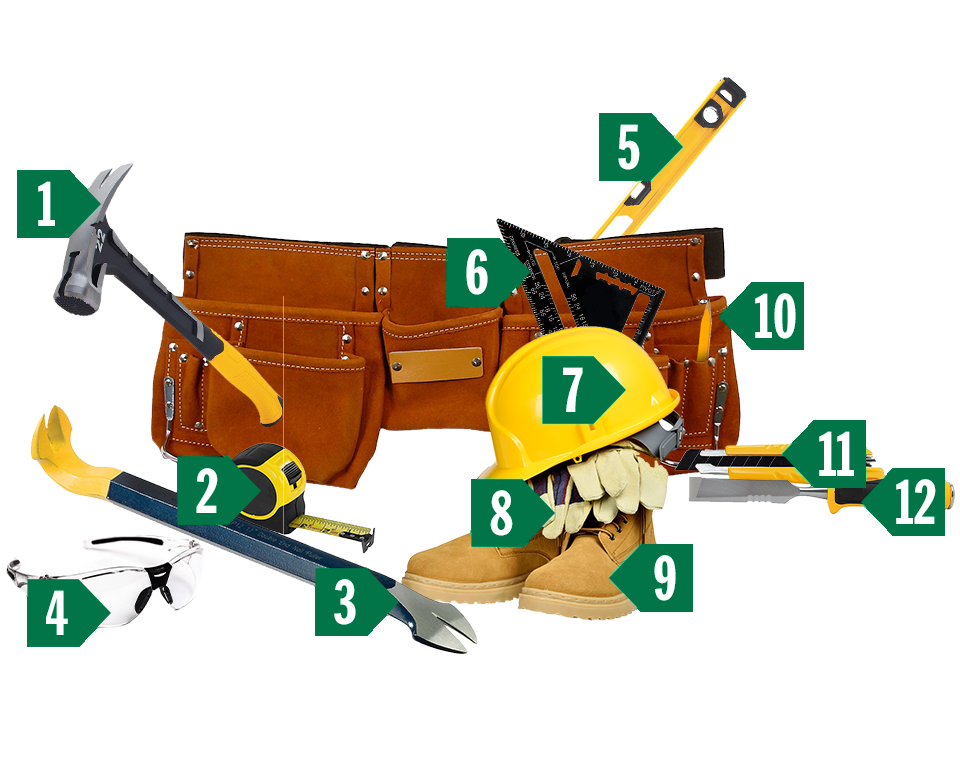What is a Framer?
A day in the life of a framer.
Framing carpenters put together the wooden structural parts of new houses and other mainly residential structures. It’s a collaborative profession that demands skill, strength, creative problem-solving abilities and communication between framers.

Framers usually arrive at the jobsite around 6-7am, beating rush-hour traffic. There, they are joined by fellow framers and other tradespeople – electricians, plumbers, HVAC installers, etc. – each playing a specific role in bringing a new building to completion.

Most framers work a minimum of 40 hours a week. If your employer is busy, you may be asked to work 12-15 hour days and even weekends – for which you’ll collect higher overtime pay. While the long hours are physically demanding, the job satisfaction is top-notch. With good overtime, a framer who has completed their four-year apprenticeship can easily make a six-figure annual salary. Not too shabby for someone in their early twenties.

Contrary to office workers,

Jobsites tend to be informal and lively,
Skills you’ll master as a framer include
- Basic math
- Ability to read and follow plans/blueprints
- Measuring and planning
- Knowledge of building codes
- Ability to lift and carry heavy pieces of material or structures
- Use of saws, nail-guns and other power tools
- Use of various hand tools
- Forklift and work truck operation
Tools you’ll need
Framers are responsible for buying and looking after their own tools.
These typically include:


- Framing Hammer
- Tape Measure
- Nail Puller
- Eye Protection
- Level
- Carpenter’s Square
- Hard Hat
- Work Gloves
- Safety Boots
- Carpenter’s Pencil
- Utility Knife
- Chisel
The total cash outlay for these ranges between $200-$300.
Be sure to invest in quality gear.




